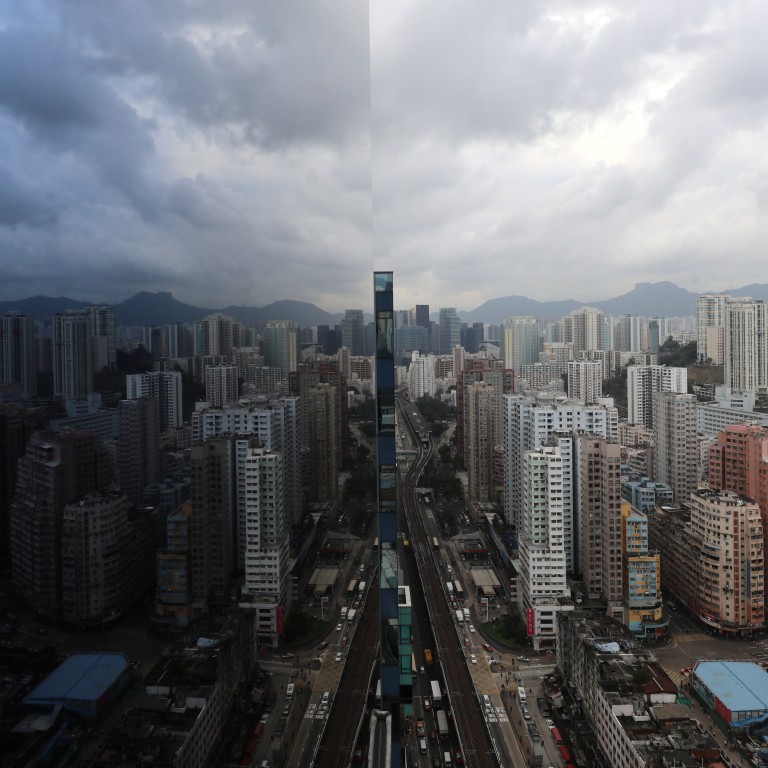
Hong Kong slips to 22nd spot globally in home price inflation as property curbs bite, survey finds
- Hong Kong tumbles from the world’s hottest market as home price gains ease to 5.8 per cent last year, according to Knight Frank’s global index
Hong Kong’s housing market has slipped well down the list when it comes to the pace of annual percentage gains among major cities worldwide, according to the latest survey by Knight Frank.
The city fell to 22nd place from the No 1 spot a year ago among 56 global markets tracked, as average home prices tumbled 6.2 per cent in the final three months of 2018, according to the Knight Frank global house price index.
For the 12 months through December, Hong Kong home prices rose 5.8 per cent, easing from a 15.7 per cent gain in the prior year.
“Hong Kong’s slide was an expected consequence of: a further tightening of housing policy in June 2018; a volatile stock market; a strengthening currency; and, the global trade dispute weighing heavily on buyer sentiment,” Knight Frank said.
The moderation in price growth underscored the effectiveness of cooling measures rolled out by the government over the past few years, including a higher stamp duty on certain transactions and an increase in the down payment requirement. The Hong Kong Monetary Authority also raised loan rates and ordered banks to tighten lending rules.
Slovenia topped the global rankings with a 15.1 per cent rise in home prices in 2018. The mainland ranked third with a 10.7 per cent increase.
Ricacorp head of research Derek Chan said a recovery in Hong Kong housing prices would be underway soon, pointing to indicators such as an improving equity market and easing economic tensions between China and the US.
“Last quarter saw the sharpest drop, when Hong Kong’s housing market hit bottom,” Chan said. “But even with a couple of months of cooling, the city’s home price is still at a very high level, making it the least affordable city.”
Chan believes home prices will rise by 5 per cent in 2019.
Other major institutions, including Citi, CLSA, Nomura, JPMorgan, and rating agency Standard & Poor’s, have also issued upbeat research on the local housing outlook.
However, DBS Bank deviated from the consensus view, saying prices were likely to drop 10 per cent in 2019.
The mainland was likely to be on a longer path to recovery after strong price gains in the last few years, according to Knight Frank.
“Put in context, some cities were registering annual growth of 30 per cent to 40 per cent two years ago and although prices are still rising overall, sales across China are expected to decline in 2019 and the loosening of property regulations will be a slower process than expected,” Knight Frank said.
According to official statistics, average new home prices in China's biggest cities rose 18.9 per cent in 2018, while third and fourth tier cities saw an increase of 12.3 per cent.
“Despite persistent government curbs and a slowdown in the last months of 2018, home prices in China kept rising,” said Li Zhanjun, chief analyst with the China Real Estate Research.
He said lower-tier cities benefited from urban development projects designed to eliminate shantytown districts, while bigger cities were driven by strong demand and tight supply.



